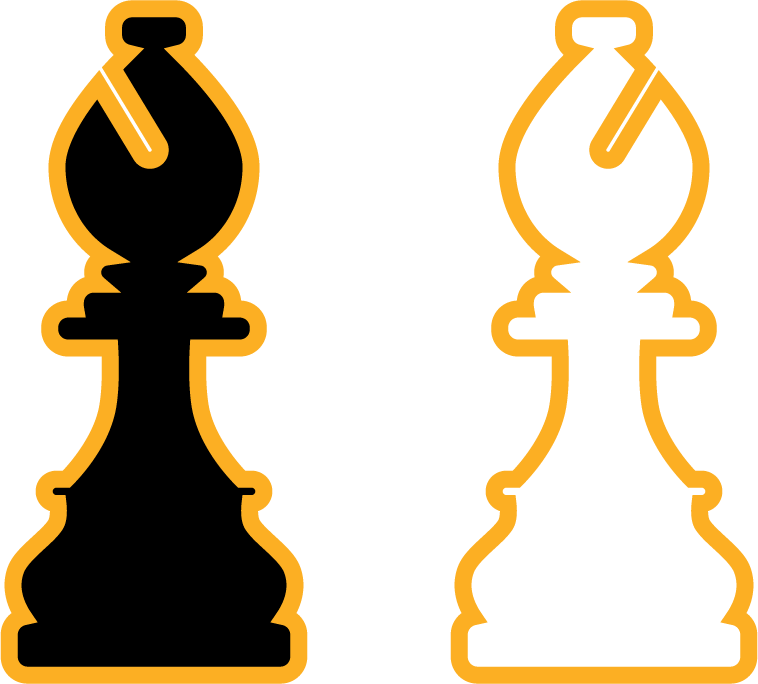The world has changed for the better since personal development started back in the day. We have more opportunities to escape from our traditional roles and grow as individuals, but how has personal development changed? The article discusses this topic and presents some interesting facts about the history of personal development.
We’ve all done a bit of work with personal development plans at one point or another in our personal life, whether it’s searching through YouTube videos on how to improve your ability to love or just researching which career is best for you. Personal growth is never-ending and always present in our lives, so be mindful about what you’re doing and where you’re going throughout life goals!
Personal development is such a hot topic these days. Everyone is talking about it, using it, and improving their lives because of it. This wasn’t the case in the 1950s, back when Abraham Maslow and Carl Rogers were working on their self-actualization and person-centered psychotherapy theories. Personal development was not widely known at that point, which only makes us wonder: how has personal development changed over 70 years?
The following facts about the history of personal development offer a brief overview of this lifelong process and tell what’s been happening in the last decades.
1 – Carl Rogers was the first one to emphasize personal growth and self-actualization.
Carl Roger’s name is connected with several significant theories of psychology, such as client-centered therapy, on which he based his work in the 1940s. His ideas and opinion about human nature played a vital role in professional psychology and personal development because he introduced the well-known concept of self-actualization (the need for people to grow as individuals). According to Rogers, this process consists of four stages: awareness, self-expression, self-evaluation, and genuine acceptance (Stephanie Brown).
2 – Abraham Maslow and his hierarchy of needs are still important today.
Maslow’s hierarchy of needs is one of the significant theories in personal development, which shows how people develop and how their basic needs must be met to have a balanced life. Maslow emphasized that people progress just as they fulfill their basic psychological needs, such as food, water, oxygen, and shelter. This theory was used mainly for helping people who suffer from severe mental disorders or other ailments (such as loneliness).
3 – In the 1950s, transactional analysis explored the idea of playing games in relationships.
This theory is also called transpersonal psychology and was introduced by Eric Berne. Many people know this concept, which shows that we play different relationships. We play some games to win and others to lose, as they say. Transactional analysts believe that understanding how these games work can change a distressed relationship into a healthy one. This is not about being perfect or changing someone else (it’s called co-creation), but rather about realizing your role in the game and accepting others’ roles as well (Brian Collinson).
4 – Freud’s psychoanalysis was first used to treat people with mental health conditions.
This method of solving mental issues therapeutically, first introduced by Sigmund Freud, is still very much in practice. In 1960, personal growth replaced personal development, which shows that this method was only useful for people with more severe problems. The father of psychoanalysis himself even stated that he has never personally used it for his growth. However, many authors criticized this approach because it might not be effective for everyone and because some psychologists believe that it only causes deep shame and despair.
5 – In the 1990s, positive psychology became a widely accepted field.
Positive psychology, introduced by /undefined [Martin Seligman], is based on the idea that happiness is a choice. This means that it’s not the other way around: we do not experience problems because of our past and future but because of our actions and thoughts in the present. The term positive psychology is used as an umbrella term for studies on happiness. Thanks to positive psychologists, this paradigm has entered the world of business and education (personality development, soft skills, Emotional Intelligence, professional growth, career goals, professional development, human behaviors, social skills, Cognitive Development).
In the above article, we have had an overview of the history of personal development: the changes, evolution of personal development, and self-growth. We suggest you get more information about the topic by reading some other interesting articles about it and make sure to improve your life!
